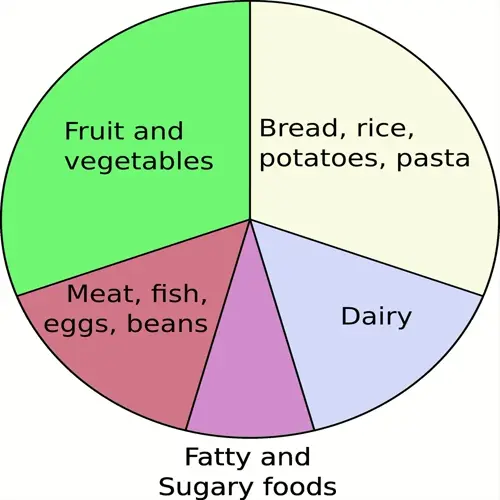What does proper hydration involve?

Written by
Chen Jialiang
Reviewed by
Prof. Benjamin Murphy, Ph.D.Maintaining optimal body function requires sufficient hydration. Adults require different amounts of fluid; their hydration needs depend on sex and activity levels. Women require approximately nine cups, while men need about thirteen cups daily. These amounts equal around 2.2 liters for women and 3 liters for men. Water needs are met by all cells in the body.
Check your hydration levels by observing simple physical signs. Check the color of your urine; a pale yellow color is a good sign of hydration, while a dark yellow color indicates that you need to consume more fluids. Another good sign is your level of energy and mental acuity; both of these reliable barometers will indicate how to adjust your fluid intake during the day without requiring much thought.
Physical Performance
- Prevents muscle fatigue during activity
- Maintains joint lubrication
- Regulates body temperature efficiently
Cognitive Function
- Improves concentration and focus
- Supports short-term memory
- Reduces headache frequency
Organ Health
- Supports kidney filtration processes
- Aids digestion and nutrient absorption
- Maintains skin elasticity and health
Bring a reusable water bottle with you everywhere. Select one that is 32 ounces or 1 litre in size. Refilling it three times each day meets minimal requirements. Slices of lemon or cucumber can be added for flavour, but plain water is not acceptable. These methods facilitate consistent hydration that is effortless and enjoyable.
There are several reasons why the water demand is expected to increase. Certain activities, like being physically active, will increase the need. Drink one extra cup of water every 15 minutes during exercise. Hot weather also increases the need for water. Disease states such as fever and diarrhea require increased fluid intake; the needs during pregnancy and while nursing are also greater.
Recognize early symptoms of dehydration, including dry mouth, fatigue, dizziness, headaches, and infrequent urination, as signs of trouble. Severe dehydration can cause confusion and a rapid heartbeat. Mild symptoms should be treated promptly by drinking water slowly and gradually, rather than all at once.
During periods of exercise lasting several hours, the amount of fluid consumed should be sufficient to replace the sodium lost through sweat. Drinking coconut water, adding a pinch of salt to drinking water, and eating foods high in water content, such as cucumbers or melons. These various steps do not permit the individual to become afflicted with hyponatremia while maintaining significant mineral balance within the body.
Begin your day by drinking 2 cups of water. Keeping a bottle by your bed to drink while you sleep is also effective. Drink before meals to help with digestion. Set reminders on your phone if you frequently forget. Your dedication, however small, will help maintain your energy levels and ensure all body functions are working optimally.
Read the full article: 10 Essential Healthy Lifestyle Choices to Transform Your Wellbeing

